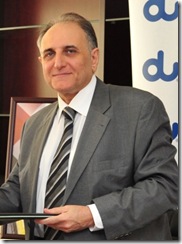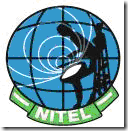India’s Tata Communications has announced that it has contracted Tyco Telecommunications to construct the TGN Gulf cable system, which will connect the Gulf region to the rest of the world through the Tata Global Network (TGN) cable system. Tata Communications’ local partners in the Gulf gateway to the TGN are the Bahrain Internet Exchange, Oman’s Nawras, Qatar’s Qtel, Saudi Arabia’s Mobily and the UAE’s Etisalat.
Each party will be an exclusive landing party for the high-speed bandwidth TGN Gulf cable system, which will support the development of advanced telecommunications services such as global Ethernet, MPLS based VPN, managed security, IaaS (Infrastructure as a Service) and global telepresence. Each party will have access to a new high-speed route to the globe and at the same time add much needed resilience and diversity to the infrastructure in each country.Work began on the cable system in October 2009 and is expected to be completed during 2011.
In addition, Tata Communications has earmarked US$200 million for investment in the Middle East region over the coming two years.
"We firmly believe in the growth potential and increasing dynamism in the Middle East region,” commented Vinod Kumar, president and COO of Tata Communications.
“This conviction translates tangibly into investments that will increase our infrastructure and services coverage throughout the region. Most importantly, this is steered by the strong foundational partnerships that we have formed with leading Middle Eastern operators. We see the Middle East as a crucial building block in our emerging markets strategy and in delivering the ‘new world of communications’ to our global enterprise customers.”
Related stories:
Qtel follows Etisalat into entering strategic alliance with Tata Communications





